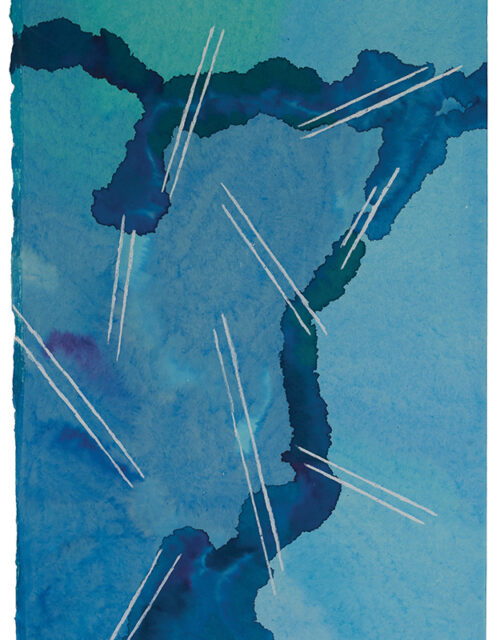Making Space for Everyone
How can science embrace the unique expertise and lived experience of the nation’s diverse communities? When the public becomes more involved in science, what will they want? And how will that challenge scientists—and science itself—as it becomes a tool available to every American? In this issue we explore the potential of science that “makes space for everyone” by taking a close look at what scientists, communities, and policymakers alike are learning about how communities and scientists can work together to create new types of knowledge.
Editor's Journal
Engaging With Communities
Read MoreThe essays in the Fall 2021 edition build upon conversations with scientists, community leaders, and policymakers who have been talking about public involvement in science and innovation in new and interesting ways.
Forum
Retreating From Rising Waters
Read MoreManaging Retreat Equitably
Read MoreEthics in Animal Research
Read MoreDigital Learning and Employment Records
Read MoreLooking Beyond Economic Growth
Read MoreA Veneer of Objectivity
Read MoreEthics and Policymaking
Read MoreS&T Policy and Economic Security
Read MoreSolar Climate Intervention
Read MoreA New Model for Research Teams
Read MoreClimate Scenarios and Reality
Read More
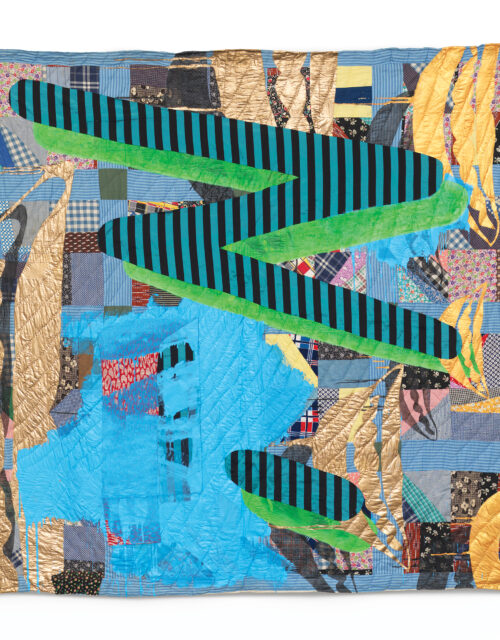
Gallery
Codeswitch
Perspectives
Time to Modernize Privacy Risk Assessment
Read MoreOrganizations still rely heavily on assessments of privacy impacts with simplistic forms and functions that are poor matches for the layered complexity of today’s technologies.
Putting the Public in Public Utilities Commissions
Read MorePublic participation in public utility commissions is a powerful way for individuals to influence the policymaking process. As energy infrastructure and consumption is reimagined, the public should be more effectively engaged at both state and federal levels.
What Fossil Preparators Can Teach Us About More Inclusive Science
Read MoreUnderstanding—and acknowledging—how fossil preparators turn nature into useful scientific specimens offers insights into how other research disciplines could engage meaningfully with the public, make the research community more inclusive, and expand the definition of what constitutes scientific inquiry.
Hiring for the Future of the Science and Technology Enterprise
Read MoreScientific innovation cuts across every aspect of our lives. Underlying this reality is a pressing question: How does the government recruit and retain the people needed to drive that innovation on a national scale?
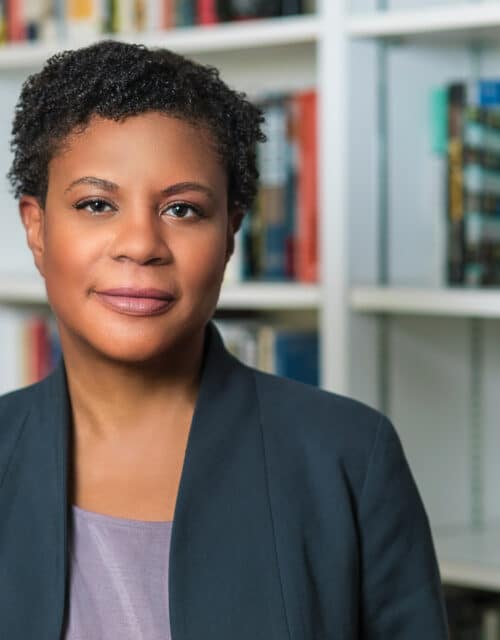
Interview
“Science and Technology Now Sit in the Center of Every Policy and Social Issue”
Poetry
Quilting the Black-Eyed Pea (We’re Going to Mars)
Read MorePoet Nikki Giovanni conjures imagery that, on the surface, seems whimsical—space travel to Mars accompanied by the songs of Billie Holiday and slices of lemon pound cake. Yet her vivid language reminds us that we can learn from the past to imagine how we might construct our shared destiny on this planet, and on others.
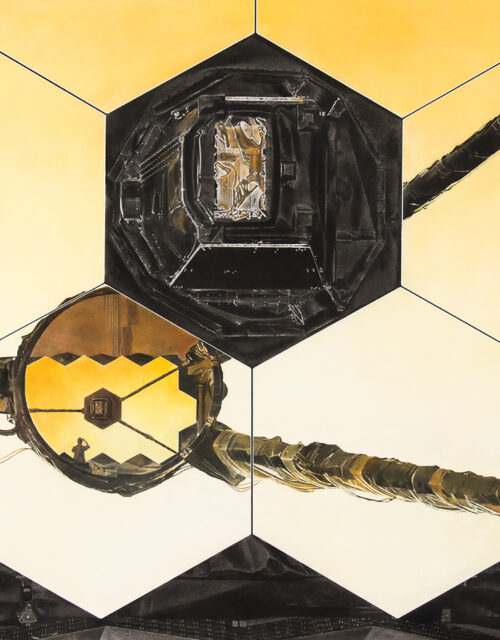
Gallery
Reflections on a Tool of Observation
Real Numbers
How Higher Education Became an Important US Export
Read MoreOver the last three decades, foreign students have supported the bottom lines of US universities, technology companies, and communities. Now their numbers are falling.
Features
Making Space for Everyone
Read MoreNASA came to see the public as instrumental in accomplishing its mission. What does this mean for other R&D agencies trying to create societal value, relevance, and connection?
An AI That’s Not Artificial at All
Read MoreMessy and unpredictable situations have exposed the limits of current design practices. Could a new AI-powered methodology empower humans to innovate and solve problems?
Science Policy From the Ground Up
Read MoreIt’s time to modernize the federal role in the nation’s increasingly decentralized R&D ecosystem and unleash innovation at the local level.
Run Uphill for a Tsunami, Downhill for a Landslide
Read MoreFollowing fatal landslides, the town of Sitka, Alaska, worked with scientists to create a new, individualized hazard warning system, revealing the complexities of coproducing knowledge.
A Climate Equity Agenda Informed by Community Brilliance
Read MoreWith every heat wave and flood, the failure to translate climate science into insight and action puts the health and well-being of people in vulnerable communities at risk. Intentional partnerships between residents, scientists, government, industry, and philanthropy can fix this disconnect.
Ending the Reproducibility Crisis
Read MoreMedical research that can’t be replicated hinders discoveries. Could an artificial intelligence-powered tool change the incentives to benefit scientists, taxpayers, and patients?
Finding Safe Zones for Science
Read MoreSerious cooperation between US and Chinese scientists is getting more difficult as geopolitical tensions increase. But with a deliberate strategy the two countries can realize massive potential gains.
Book Reviews
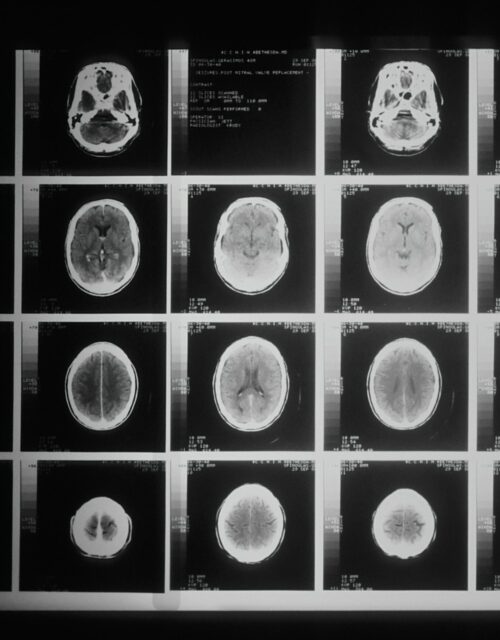
The Humbling Complexity of the Hard Problem
Read MoreRather than attempt to explain the phenomenon of full-blown human consciousness, some scholars are attempting to describe not what consciousness “is” but how it came to be. Two new books continue in this promising vein.
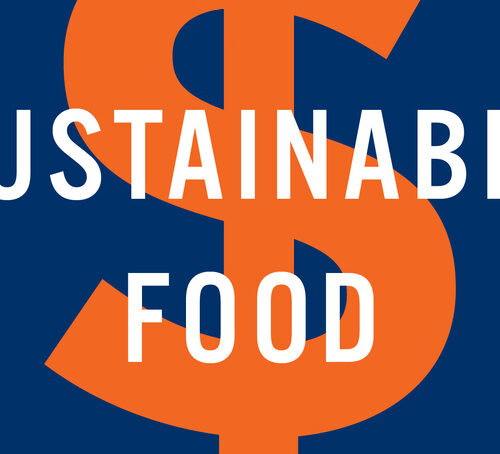
Can It Scale?
Read MoreA new book wavers among sometimes-contradictory invocations of regenerative and organic agriculture’s transcendental possibilities, the potential of high-tech interventions such as vertical farming and alternative proteins, and more pragmatic priorities such as reducing food waste.

How We Practice Hope
Read MoreHope is a primary function of imagination, one that we have to foster and practice; science fiction can be a model for this work of clearing cultural space for a positive future, and it is an essential simulation engine for playing out possibilities.
